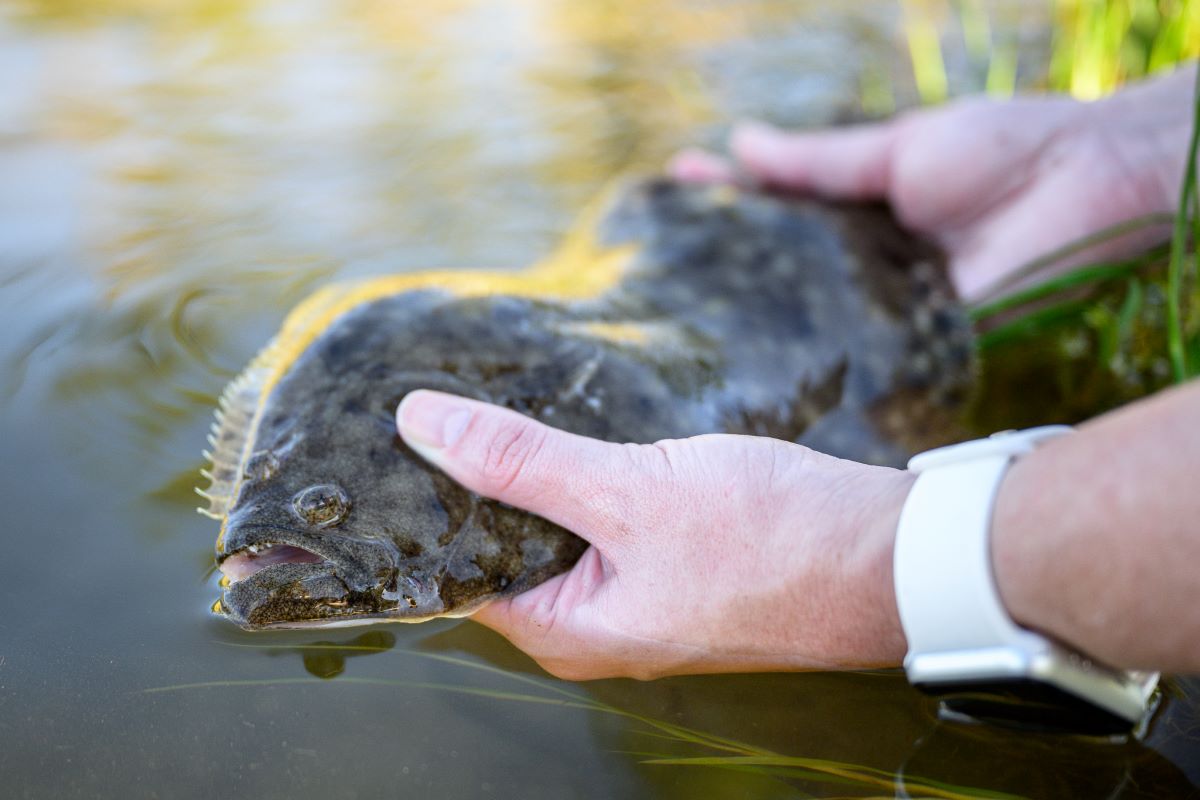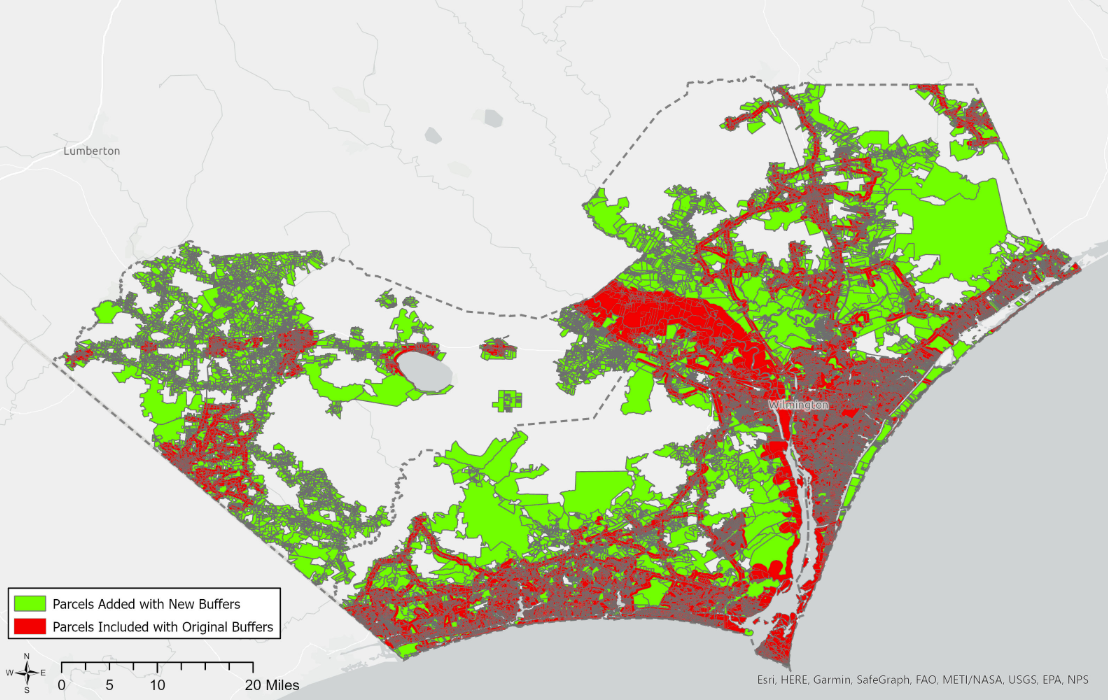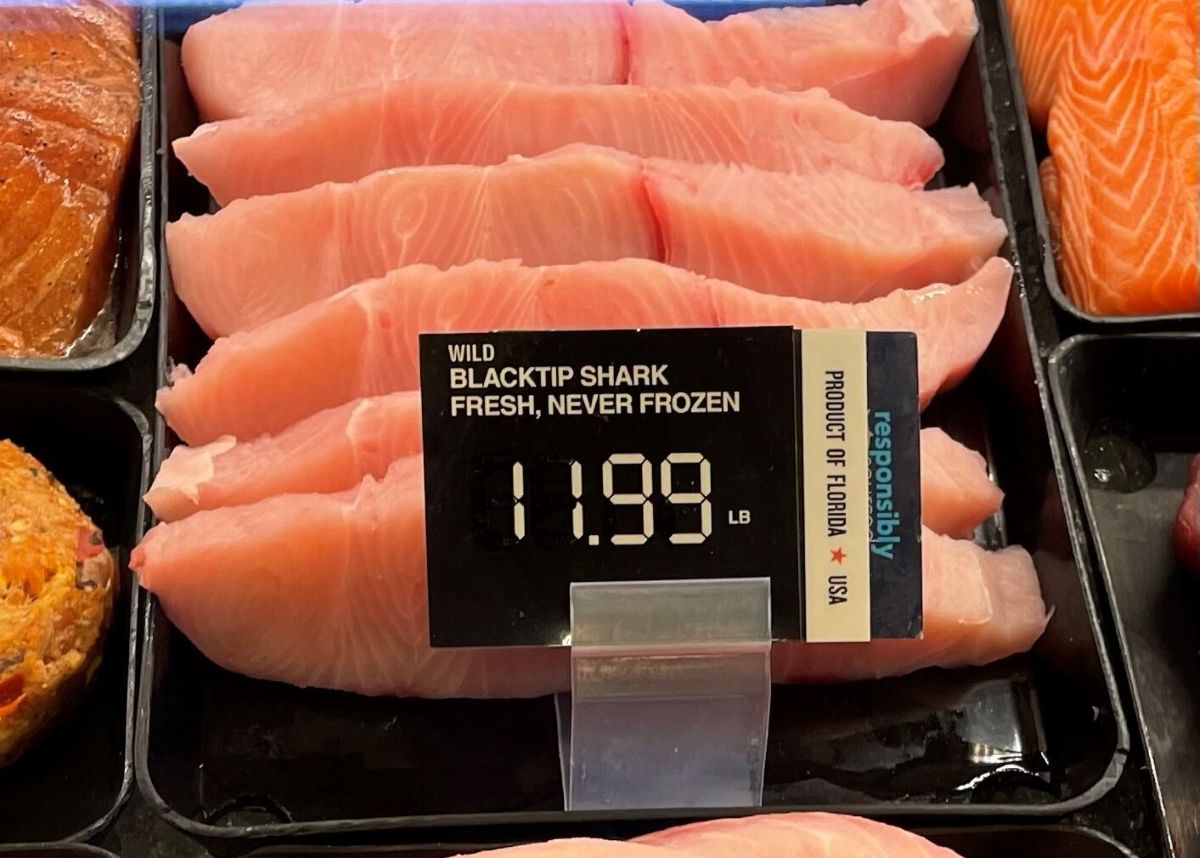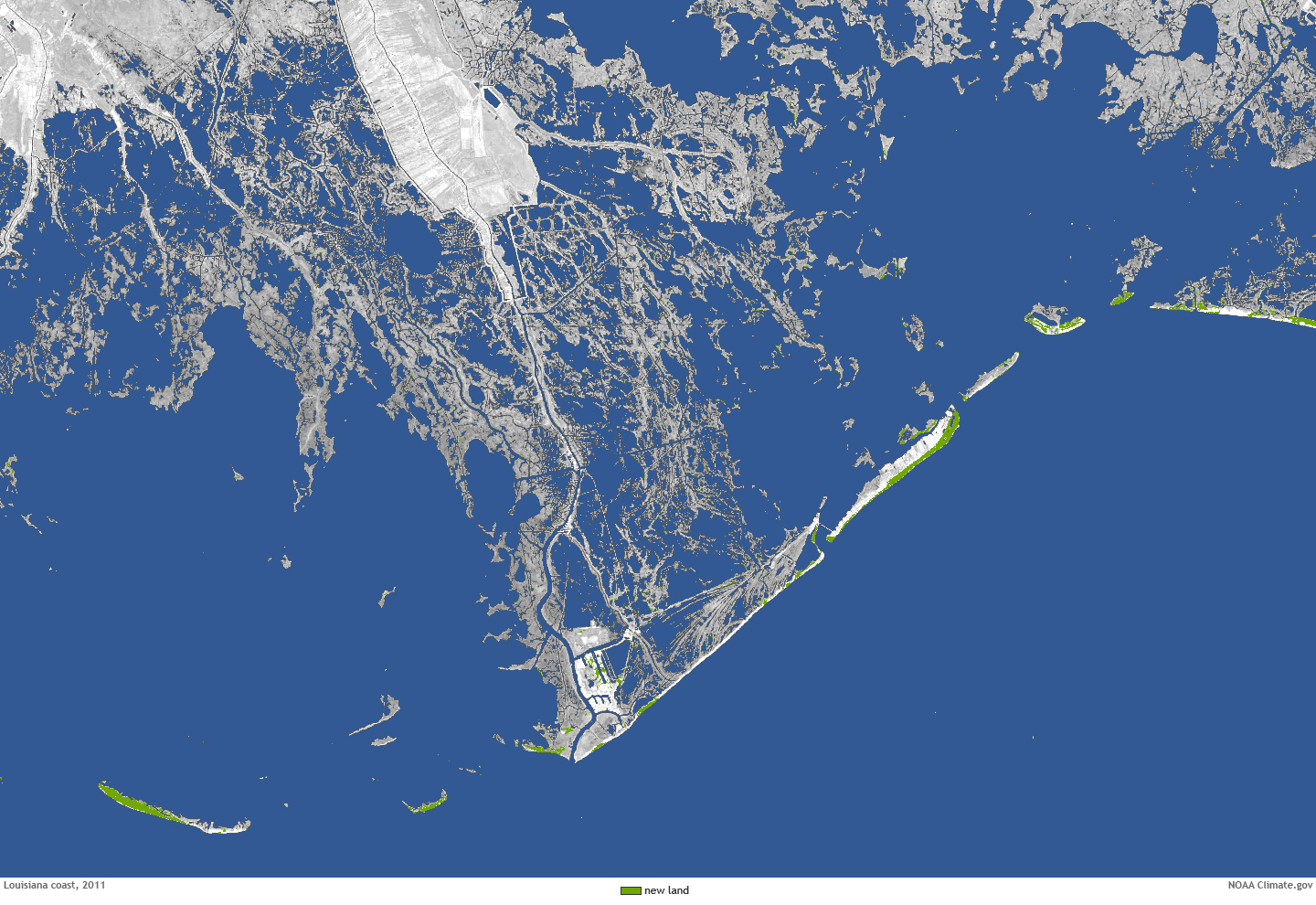
North Carolina Wildlife Resources Commission officials have proposed closing this year’s flounder season for inland waters, and are asking for feedback from the public.
The closure was proposed to be consistent with the N.C. Marine Fisheries Commission’s plan not to open its recreational flounder season in coastal waters for 2024.
Supporter Spotlight
While Marine Fisheries has not announced when the commercial flounder season will be, Wildlife Resources officials are disappointed that it plans to open one.
Wildlife Commission Chairman Monty Crump wrote in a letter dated June 10 to Fisheries Commission Chairman Rob Bizzell that when the Wildlife Commission met June 6, “commissioners expressed their distaste for closing the recreational season while the commercial season remains open. They ultimately voted to notice temporary rule text for a closed flounder season so that the WRC could receive public input. If that input comes back in opposition as I imagine it will, I do not think there will be enough votes, if any, to pass a closed season.”
This isn’t the first time that recreational flounder season has caused conflict between the two agencies. Last year, for the first time in at least a decade, the recreational flounder seasons for coastal and inland waters did not align, causing confusion for recreational fishers, especially in the joint waters that both agencies manage, and drawing attention to an impasse between the two.
Last year, Wildlife Resources allowed a daily catch of four flounder, each no smaller than 15 inches, between Sept. 1 and Sept. 14. Marine Fisheries’ recreational season was Sept. 15-30 and allowed just one fish longer than 15 inches per day.
Wildlife officials are asking for public comment on the temporary rule for 2024, “Flounder shall not be taken or possessed.” Comments can be submitted until July 5 through an online form; by email to regulations@ncwildlife.org and including name, county and state; or by mail to Rulemaking Coordinator, 1701 Mail Service Center, Raleigh, NC 27699-1701.
Supporter Spotlight
A virtual public hearing is scheduled on the proposed amendment for 7 p.m. Wednesday, June 26, and an in-person hearing at 7 p.m. Thursday, June 27, at Craven Community College in New Bern. Registration is required for the online meeting.
The Division of Marine Fisheries announced that the Marine Fisheries Commission determined during its quarterly meeting May 23 not to open recreational flounder for 2024 “to preserve the southern flounder resource.”
According to the division, “Estimates from 2023 indicate the recreational catch exceeded the quota allowed under a stock rebuilding plan that was included in Amendment 3 to the Southern Flounder Fishery Management Plan and adopted by the N.C. Marine Fisheries Commission.”
The division’s Public Information Officer Tricia Smith told Coastal Review last week that this year’s recreational flounder season closure is following the plan under Amendment 3.
Southern flounder is an overfished species, and overfishing is occurring, Smith said. Overfished means that the population size is too small, and overfishing means the removal rate is too high.
When Marine Fisheries adopted Amendment 3 in May 2022, they also adopted separate quotas for recreational and commercial sectors — quotas based on the 2017 stock assessment.
The sector harvest allocations approved in the amendment were 70% commercial and 30% recreational of total allowable catch for 2022 through 2024. Starting in 2025, allocations will shift to 60% commercial and 40% recreational, and then 50% commercial and 50% recreational 2026 and beyond.
Right now, the commercial fishery does have more of a quota, but that was based on historical landings, Smith said.
Amendment 3 also put into place a pound-for-pound payback. If the quota is exceeded one year, “then pound per pound, you pay it back the next year,” she said.
The 2022 recreational fishery went over its quota, which was subtracted from what was allotted in 2023. And 2023’s landings went over the quota again, “so what’s left this year with recreational is barely enough to cover what the estimates have been averaging for dead discards,” Smith said. “It’s just not enough to really open a season.”
The same applies to the commercial fishery, Smith said. If they go over their quota, whatever that number is will be subtracted from the next year’s quota, and that’s taking into account the length of the season.
To determine recreational quota, numbers from the Marine Recreational Information Program are used. All states participate in the federal program that surveys fishermen to collect data, which is then used to determine estimates.
Commercial fishermen this past year were required to report every day during the flounder season, which “gave us a much better idea of where they were at their quota and when to close it,” Smith said.
In his letter, Crump said that he understands that the recreational sector exceeded its quota in 2023, while the commercial sector did not significantly exceed its quota.
“This is because the commercial sector’s landings were monitored daily and the season was closed as harvest approached the total allowable landings. Had monitoring for the recreational sector been conducted similarly, the season could have been closed in time to prevent the quota from being exceeded so much that there could be a season in 2024. Additionally, if the recreational sector was allocated an equal share of the total allowable landings, as initially proposed in Amendment 3, the sector may not have exceeded its quota,” Crump wrote.
He suggested that the Marine Fisheries Commission do what was discussed during its May meeting and call a special meeting to consider shifting allocations earlier than originally outlined in Amendment 3.
“The MFC should immediately conduct a special meeting to allocate 50% of the Total Allowable Catch to each sector in 2024 and not wait until 2026. Our recreational constituents should not suffer without a harvest season for something that was not their fault,” Crump wrote.
Smith said that with recreational flounder season closed this year, and more of a quota next year, the hope is that there will be enough quota for a season in 2025, but there’s no guarantee.
“We realize that a lot of the recreational fishermen feel like ‘I only catch one fish a year, there’s no way that I can be impacting the resource’ but there’s more than a million fishermen out there. It’s not just that one fish that you caught. It’s the fish that everybody caught,” plus dead discards, Smith said.
One of the longstanding disagreements between the two commissions is how to manage joint waters, which Crump mentioned in his June 10 letter.
He wrote that the state Rules Review Commission approved and once again reaffirmed the Wildlife Resources Commission’s authority to set rules for hook-and-line fishing in joint fishing waters at its April 30 meeting.
“Therefore, when the WRC meets on July 25th we will vote to accept, alter, or reject the proposal to close flounder season in both inland fishing waters and for hook and line in joint fishing waters,” Crump wrote. “I call on you to do the right thing for North Carolina’s recreational anglers and the businesses that depend upon them — call a special meeting to modify Amendment 3 and reallocate the flounder quota so that it is finally equitable between the two sectors and allow a recreational season in 2024.”







